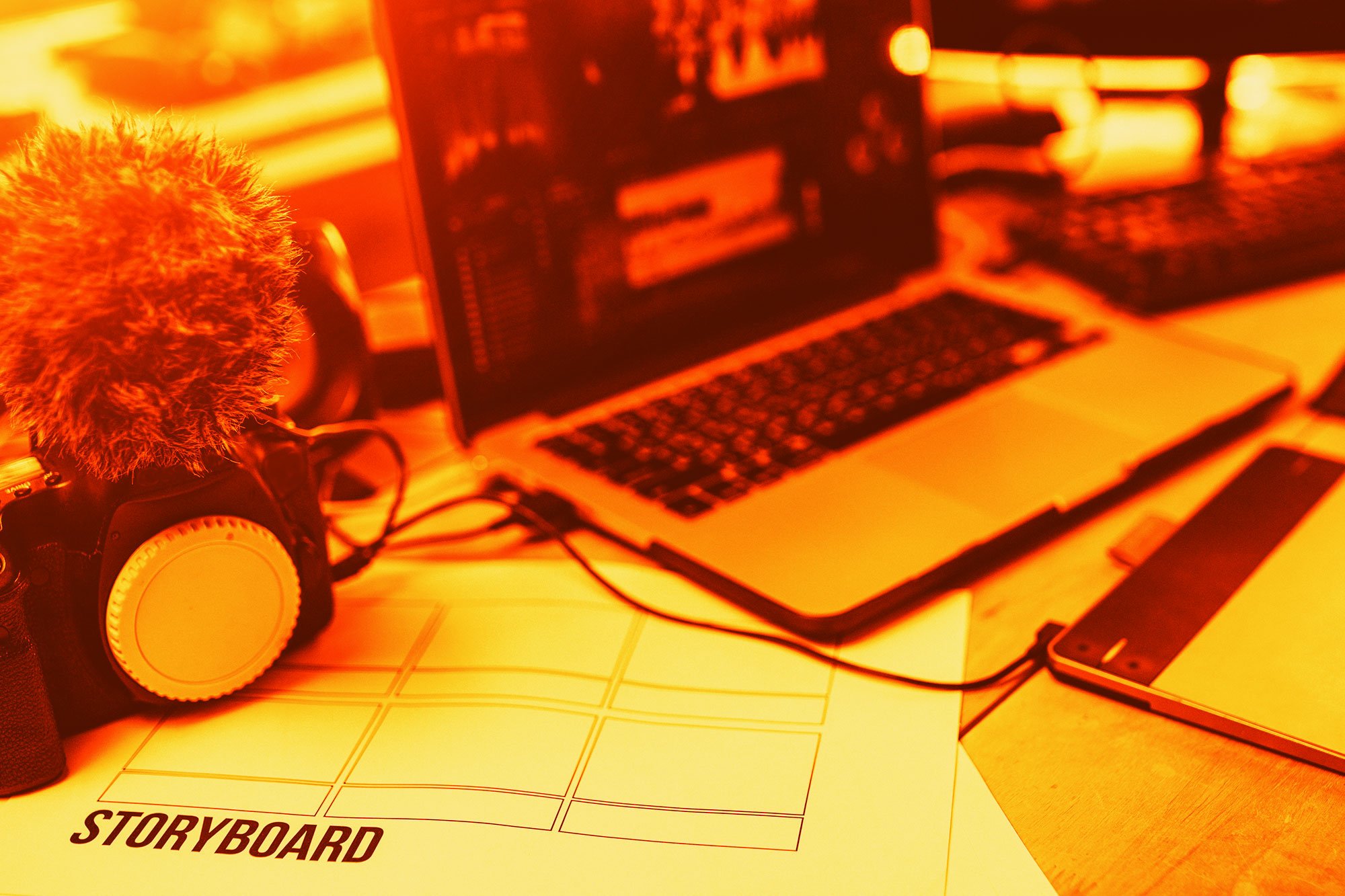As Whiteoaks Account Director Holly explained in her recent blog, 2017 saw significant developments in the technology industry, but what does 2018 have in store? We have cut through the noise and hype to deliver you the top six trends that we expect to dominate and shape the world of technology in the year ahead.
Artificial Intelligence and Machine Learning
Unless you have been living under a rock, you will be aware that artificial intelligence (AI) is becoming an increasingly prevalent part of our everyday lives. Your ‘discover weekly’ playlist on Spotify and the predictive text on your phone are everyday, early, examples of AI that we take for granted. AI is set to become increasingly reliable in 2018 and as a result will become more widely adopted, enhancing verticals including retail, healthcare, financial services, fintech — and even PR — as Senior Account Director Simon Coughlin discussed recently.
AI also opens the door for machine learning, which is the concept of a computer being able to learn from itself and the world around it without the need for human programming. We expect machine learning to be an increasingly important topic in 2018, as individuals and businesses seek out ways that enable them to handle complex or extensive processes and data in a better, more productive and efficient way. Machine learning gained traction towards the end of 2017 and we fully anticipate the trend to continue this year, as it becomes especially dominant in industries such as retail and financial services, where customised customer experience and automation are key differentiators in business success and profitability.
Voice
Voice control technology will have a big say in 2018 (pun intended!). From a consumer point of view, we have already seen the launch of smart speakers, such as the Amazon Echo and Google’s Home Mini, which allow users to ask questions and perform daily tasks using their voice. Setting aside concerns from some around security with these specific devices for a moment, voice will become a significant weapon in the marketer’s armoury as the data being captured by these devices allows companies to get to know the individual and make purchase suggestions based on their requirements and habits. After all, isn’t this just part of the rise of the Internet of Things (IoT)? We can also expect the influence of voice to expand into the B2B world, as it will be a significant piece in the automatization jigsaw, working alongside AI and machine learning to boost the efficiency of business processes – especially in businesses in the manufacturing, financial services and healthcare IT areas.
Blockchain
The impact of blockchain technology shows no sign of slowing up in 2018. When most people think of blockchain they think of bitcoin, litecoin and other cryptocurrencies, which work on blockchain technology. While still a relatively new concept, blockchain offers transactional capabilities that are already starting to dominate new and existing industries, and also made its way into Forrester’s Top 10 technology trends to watch: 2018 to 2020. Blockchain essentially acts as an enormous Google spreadsheet in the cloud, allowing individuals in the network to make changes (transactions) which are then verified by the other individuals in the network without the need for a governing body. Could B2B transactions be carried out using cryptocurrencies in the near future? Based on the recent attention and financial investment that it is receiving, we would not be surprised. Industry experts foresee that the capabilities of blockchain technology should and will be leveraged beyond crypto-currencies, creating efficient financial solutions. Justin Paul, founder of digital currency Injii, believes that limiting blockchain to bitcoin would be a mistake that does not harness the technology’s full potential.
One thing is for sure, the impact of blockchain will be a very interesting subject to keep an eye on this year.
Edge computing
The term ‘edge computing’ may be a new one to most people, and it certainly was for me. Edge computing is effectively a more efficient alternative to cloud computing. It allows companies to analyse data in near real-time since the processing takes place at the edge of the network, so it’s much closer to the user and data sources, and therefore significantly reduces travel time while decreasing the amount of data being sent to cloud servers. As a result, edge computing is unlikely to replace cloud computing, however, we expect it to work in tandem to become part of the more sophisticated corporate IT architecture ecosystems, and could also improve products and systems in the IoT space.
Cyber security
News headlines in 2017 were dominated by stories of data breaches and cyber-security hacks, such as the WannaCry incident which affected the UK NHS in May last year. Many experts, including McAfee in its recent threats predictions report, anticipate that cyber-attacks will continue to be an issue as attackers will leverage the power and capabilities of AI and machine learning to exploit vulnerabilities in software and processes. As a result, it is essential that businesses combine machine learning with human intellect to avoid the drastic impact that such cyber-attacks can have.
All in all, 2018 promises to be an exciting year for the technology industry and we are very much looking forward to sharing that journey with our clients, existing and those we are yet to meet.







